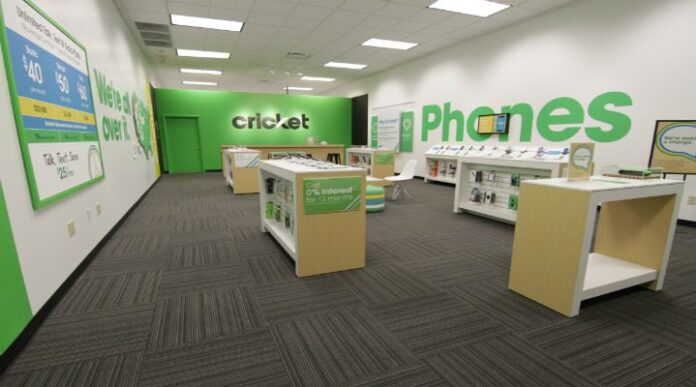Editor’s Note: In an attempt to broaden our interaction with our readers we have created this Reader Forum for those with something meaningful to say to the wireless industry. We want to keep this as open as possible, but we maintain some editorial control to keep it free of commercials or attacks. Please send along submissions for this section to our editors at: dmeyer@rcrwireless.com.
The impact of encrypted data on mobile operators
In the world of mobile data where secure and encrypted connectivity is becoming ever more frequent, no longer is it solely in the domain of payment activities or specific website member zones. Secure and encrypted connectivity is being more universally applied to simple activities, such as watching a video or using a search function. Estimated to be 30% of the data flow and rising, encrypted data is an issue for the operator as it will rapidly transform network infrastructure into opaque (dark) bit pipes. The levers the operator needs in order to manage the delivery of content when a user is mobile can no longer be applied, directly impacting the mobile data user’s quality of service and experience. The volume of encrypted data has increased to an extent where it is considered to be a serious business impediment.
Why do we say it is an impediment? It is obvious that encrypted access is necessary to protect end users from their data being abused or misused, and it is advocated by the majority for this purpose. However, it is increasingly being used and promoted as a standard generic capability that is always needed. This trend is forcing mobile operators to enter the dangerous territory of managing dark bit pipes. The negative implications are that operators will have reduced service offerings to end users and increased volume-based charges. Operators will also experience increased difficulties in virtualizing their networks as well as enforcing the spectrum and license conditions suggested by regulators (e.g. content filtering). In addition, the overuse of encryption will put at risk new initiatives like network function virtualization. As the classification of mobile data traffic is a foundation of making NFV work, if the flow is opaque then the service (gaming, video, messaging, etc.) may not be correctly identified.
It is from this perspective that the increase in encrypted access presents a core problem for mobile data operators. The question is: How can the mobile data operator assert their value in the trusted path that is the path of encryption? It is worth reminding ourselves that the mobile data operator already has a strong trust relationship with its customers – for example, there are agreed levels of service, two-year data plan contracts with new devices, metering and billing, as well as customer call centers. The process of encryption is being promoted by content providers who advocate data privacy – but in fact it can harvest and use the information, and as the old adage says – “if the product is free then you are the product.”
How can operators and service providers overcome the negative implications to using encrypted data, and effectively become a “smart pipe?” With an arsenal of tactics: First, the operator needs to re-assert their value and role in the data path for browsing and in applications. They can achieve this by positively engaging the user and the content provider in the trust model by use, for example, of a trusted mediation proxy. In addition, service providers should consider the overall management policy in providing this option – with informed consent and opt-in and opt-out models for users and content providers. In addition, the operator/data service provider needs to promote their value in the content delivery phase for mobile, for example: the smooth delivery of high-definition video over mobile radio; the provision of content filtering for malicious content; the caching of content for faster time to access; and the incremental bandwidth options for different forms of data consumption. Through using such a solution, content will be presented efficiently to users to match their mobility, users will have access to a greater range of services and data service providers can now fully participate in the relationship with their end users.
Operators should aim to be “smart pipes” rather than dark pipes, because doing so will ultimately enhance the quality of experience for their end users. The content provider and content delivery should be working in harmony to match what the user wants to see to the mobile environment the user is in. In that way they will effectively mediate and optimize the content flow to suit the real-time conditions on the delivery channel. This also means there will be an increase in the number of different data plans on offer – if mobile data goes “dark,” then the operator can’t distinguish user flows, and so everyone ends up paying more. Having an open smart pipe will prevent this problem.
The end user already places a significant degree of trust in the service provider for mobile, and extending that trust into the realm of application data flows is something which can be both natural and beneficial to the user, connectivity provider and content provider. Operators must look for a solution that provides the selectivity, user and content provider engagement, and that increments the value from the perspective of the end user and content provider. By doing so, they can avoid becoming dark pipe providers and improve the quality and value of the mobile experience

